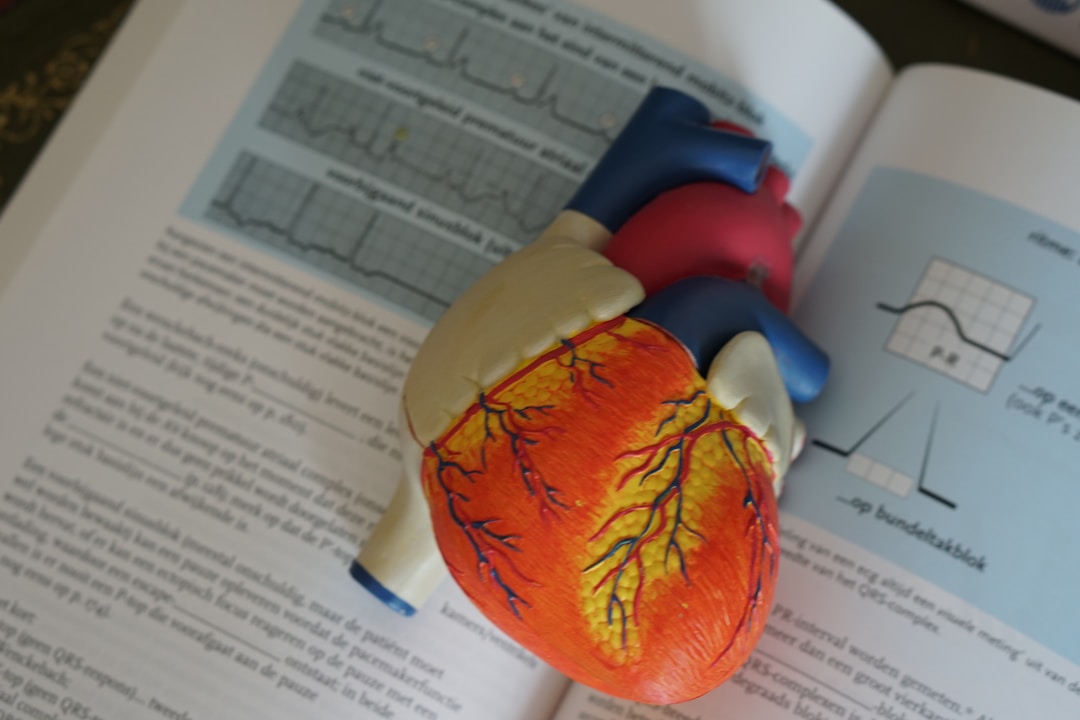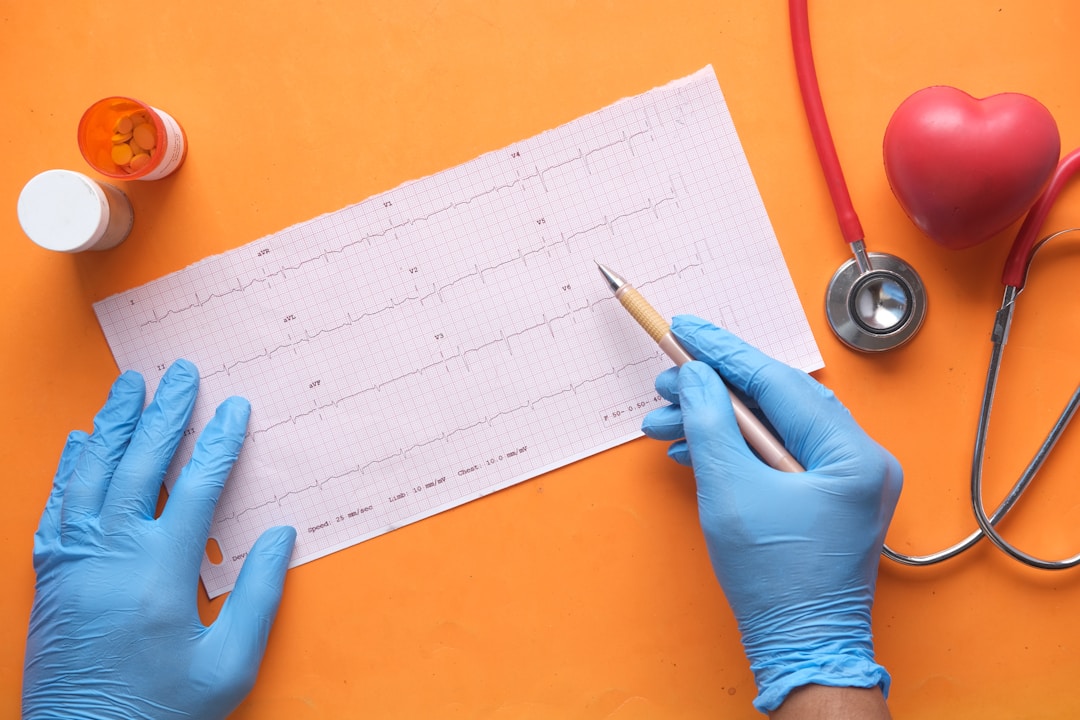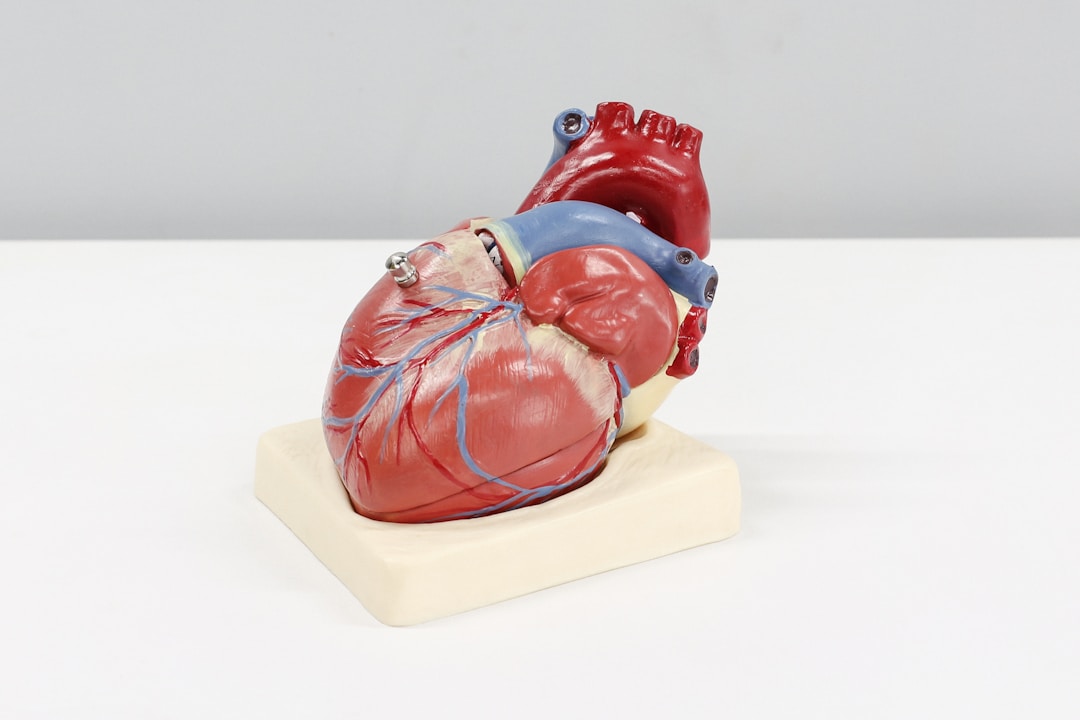Heart health is one of the most integral aspects of our health and well-being. Our hearts are responsible for pumping blood throughout our bodies, delivering oxygen and nutrients to our organs and tissues. The truth is that when it comes to matters of the heart, taking immediate action is crucial. Detecting and addressing heart issues at an early stage can save your life and prevent potential health catastrophes. Still, many people don’t know what to do when they suspect they may need to go to the doctor. So, when should you see a cardiologist, and why do you need to schedule those regular visits? If you’re looking for advice, keep reading to find out more.
Understanding the Role of a Cardiologist

A cardiologist is a medical doctor specializing in heart conditions, including heart diseases and abnormalities in the heart’s electrical system. These medical experts are capable of diagnosing and treating conditions such as heart attacks, heart failure, and serious heart rhythm disturbances that might require specialized electrical treatments, including pacemakers and ablation. While most people generally know when to consult a dermatologist, dentist, or ophthalmologist, the same cannot be said about cardiologists.
Still, considering the risks posed by heart disease, it can often be worthwhile to enlist the services of a professional, like the top cardiologist in Los Angeles. It should be more well-known that preventive cardiology can avert potential heart diseases or manage existing conditions. Although your primary care physician can handle minor issues, cardiologists come into the picture when specialized heart care is necessary. For instance, if you have risk factors for heart disease such as high cholesterol, hypertension, or diabetes, seeing a cardiologist at least once a year could be beneficial.
Common Symptoms that Demand Cardiologist’s Attention
One of the key aspects to consider when deciding whether to see a cardiologist is your symptomatology. Symptoms vary greatly among individuals, and some are more subtle than others. Common signals that should trigger concern include chest discomfort, shortness of breath, dizziness, and irregular heartbeats. Don’t ignore these signs as they could point to a serious heart condition such as palpitations or myocardial infarction.
Other signs to watch out for include changes in exercise tolerance, sudden weight gain, or swelling in your legs and ankles. Furthermore, if you experience loss of consciousness or near-fainting spells, immediate cardiology evaluation is highly recommended. These symptoms could be indicative of heart failure, a condition wherein the heart cannot pump blood effectively to meet the body’s needs. While these symptoms may signify a heart condition, they can also be linked to other health issues. Therefore, obtaining a definitive diagnosis from a trusted cardiologist is vital.
Heart Disease Running in the Family

If heart disease runs in your family, you need to take proactive steps to safeguard your own heart health. By consulting with a cardiologist, you can gain a comprehensive understanding of your risk factors and develop a preventive plan tailored to your specific needs. They will evaluate your medical history, conduct a thorough physical examination, and provide personalized recommendations to help you maintain a healthy heart.
Research has consistently shown that individuals with a family history of heart disease are at higher risk of developing the condition themselves. This is because certain genetic factors can be inherited from parents that make an individual more susceptible to heart problems. Note that family history is just one piece of the puzzle and doesn’t guarantee that someone will develop heart disease, but it certainly increases the likelihood.
The main reason why family history can be a risk factor for heart disease is the presence of certain genetic variations that influence cardiovascular health. These genetic factors can affect various aspects of heart health, including cholesterol levels, blood pressure regulation, and the function of the blood vessels. If these genetic variations are passed down through generations, it can create a predisposition to developing heart disease.
Lifestyle Factors and Heart Issues
Lifestyle factors can play a major role in the development of heart disease, a condition that affects millions of people worldwide. These factors refer to the choices individuals make in terms of their daily habits and routines, including diet, exercise, smoking, and stress management. By paying attention to these lifestyle factors, individuals can significantly reduce their risk of developing heart disease.
For example, consuming a diet high in saturated and trans fats, cholesterol, and sodium can contribute to the formation of plaque in the arteries, leading to atherosclerosis, a major risk factor for heart disease. On the other hand, a diet rich in fruits, vegetables, whole grains, lean proteins, and healthy fats such as those found in nuts and avocados can promote heart health and reduce the risk of developing heart disease.
Smoking is also a lifestyle factor that is strongly associated with heart disease. Smoking damages blood vessels, reduces oxygen supply to the heart, increases blood pressure, and raises the risk of blood clots. Quitting smoking is one of the most impactful lifestyle changes an individual can make to reduce their risk of heart disease. These are just a few examples, a cardiologist can tell you more about lifestyle changes that can be beneficial.
Diagnosed with Medical Conditions That Are Risk Factors

Medical conditions such as high blood pressure, diabetes, high cholesterol, and peripheral artery disease increase the risk of heart disease. A recent diagnosis of any of these conditions is a valid reason to book an appointment with a cardiologist. It’s imperative to evaluate the effect of these health conditions on your heart and possibly initiate treatment to counteract any negative impact. Remember, the potential complications of these conditions are serious and could be life-threatening if untreated. Regular check-ups and appropriate management of these conditions with a cardiologist are critical to prevent future heart disease.
When Your Primary Doctor Refers You
If your primary care physician recommends that you see a cardiologist, don’t ignore their advice. Doctors often refer their patients to cardiologists when they detect issues during a routine check-up or in response to reported symptoms. Your primary care physician might order preliminary tests such as an electrocardiogram (EKG) or exercise stress test. If the results raise concerns, the doctor will likely refer you to a cardiologist for a comprehensive evaluation. The cardiologist will examine you, consider your medical and family history, and may order tests to establish an accurate diagnosis. Your doctor refers you to a cardiologist because they believe you need specialized care that they cannot provide.
When You are Above 40

If you’re over 40 and have not had your heart checked, it’s time to book an appointment. This is particularly true if you have other risk factors such as an uncontrolled medical condition or family history of heart disease. The risk of heart disease increases with age, and screening is vital in early detection and prevention.
Regular cardiovascular screening from the age of 40 helps paint a clear picture of your heart health. Such actions provide important baseline data from which changes can be measured over time. Moreover, regular screening can ensure early identification of heart complications and immediate treatment, thus reducing the potential risks. Seeing a cardiologist doesn’t necessarily mean you have heart disease. It could be a preventive measure or a way to manage risk factors better and maintain heart health.
As this article demonstrates, you need to listen to your body and recognize when something is off. Regularly consulting a cardiologist, especially when you find yourself in the situations above, could open doors for early detection, prompt treatment, and potentially longer life. Take a step towards prioritizing your heart health today. After all, a healthy heart signifies a healthy you. Follow our tips and you can trust that you’re taking the best possible care of yourself.





